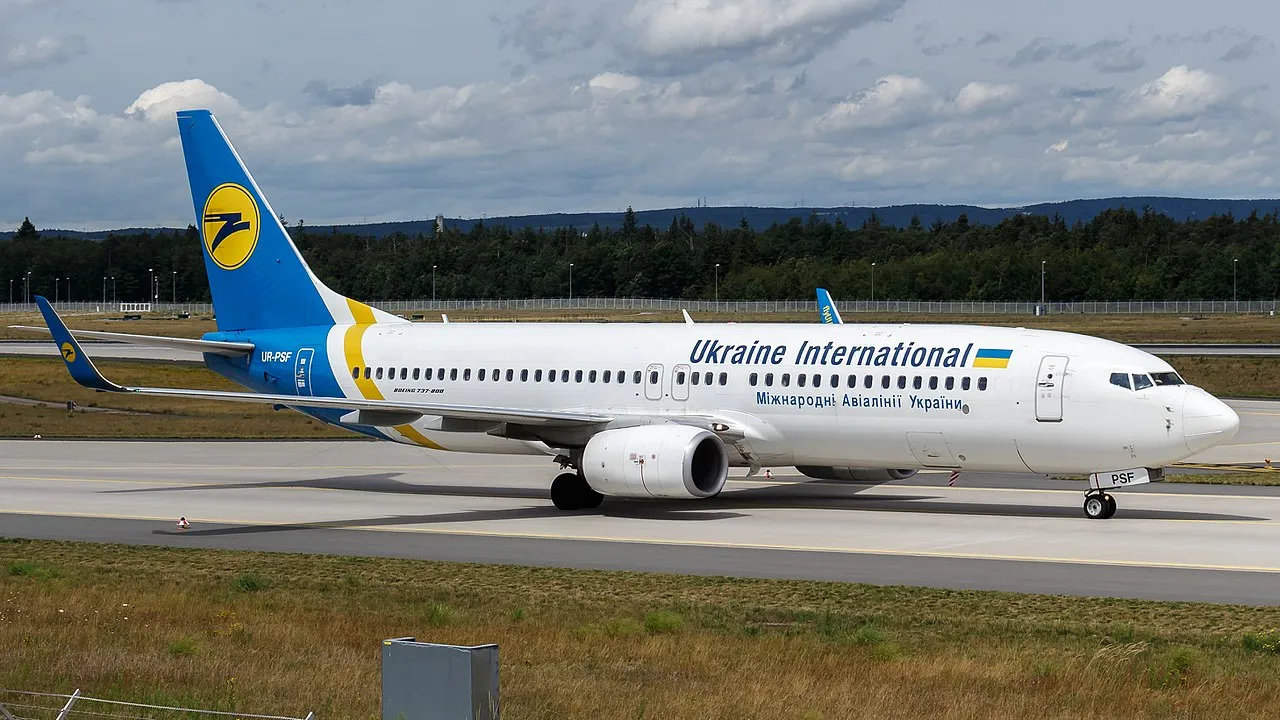
Canadian PM in startling claim Boeing 737 was hit by missile
Jan 09, 2020

Canadian Prime Minister Justin Trudeau has made a startling claim regarding the Boeing 737 crash that occurred in Iran, suggesting that the aircraft was likely shot down by a missile. This assertion aligns with intelligence reports indicating the possibility of a surface-to-air missile strike amidst heightened tensions in the region. Trudeau's comments have reignited discussions about aviation safety and the geopolitical climate surrounding the incident. The tragic event resulted in the loss of all passengers and crew on board, prompting calls for accountability and a thorough investigation into the circumstances leading to the crash.
The recent statement from the Canadian Prime Minister regarding the Boeing 737 incident has sent shockwaves across the aviation industry and beyond. The Prime Minister's assertion that the aircraft was potentially hit by a missile has raised numerous questions about aviation safety, international relations, and the integrity of air travel. This article will delve into the implications of this startling claim and its significance in the realm of aviation security.
Understanding the Context of the Claim
On January 8, 2020, a Ukrainian Boeing 737-800, operating as Ukraine International Airlines Flight PS752, tragically crashed shortly after takeoff from Tehran. Initially, the cause of the crash was shrouded in mystery, leading to widespread speculation. The Canadian Prime Minister's recent revelation, suggesting that the aircraft was struck by a missile, adds a new layer to the ongoing investigation into this tragic event.
The Prime Minister's Statement
During a recent press conference, the Canadian Prime Minister stated, “We have intelligence that indicates the Boeing 737 was likely shot down by a missile.” This statement aligns with the reports from various intelligence agencies that have suggested the possibility of an accidental missile strike during heightened military tensions in the region. The Prime Minister emphasized the importance of a thorough investigation to uncover the truth and hold those responsible accountable.
Impacts on Aviation Security
The claim made by the Canadian Prime Minister raises critical concerns about aviation security worldwide. The possibility of civilian aircraft being targeted in conflict zones necessitates a reassessment of air travel safety protocols. Airlines operating in regions with ongoing military tensions may need to reconsider their flight paths, which could lead to significant changes in global air traffic patterns.
International Reactions
The international community has reacted with a mix of shock and concern. Nations that have vested interests in the region are now grappling with the implications of such a claim. The potential for geopolitical tensions increases as countries demand accountability and transparency from the parties involved. Moreover, the call for a comprehensive investigation into the crash has united various nations in seeking justice for the victims and their families.
Table of Key Players Involved
| Country | Role | Response |
|---|---|---|
| Canada | Victim's nationality | Calls for investigation |
| Ukraine | Operator of the flight | Demanding accountability |
| Iran | Country of the crash | Admitted to missile strike |
| United States | Intelligence provider | Support for investigation |
The Need for Accountability
The call for accountability is becoming increasingly urgent. Families of the victims are seeking justice, and the international community is demanding that those responsible for the missile strike face consequences. This situation highlights the need for better international aviation regulations that ensure the safety of civilian air travel, especially in regions experiencing conflict.
Technological Advancements in Aviation Safety
In light of this incident, there is a pressing need for advancements in aviation technology to enhance safety measures for commercial flights. Improvements in tracking systems, real-time data sharing between countries, and advanced warning systems could potentially prevent such tragedies in the future. Investing in these technologies can help create a safer environment for air travel globally.
Public Awareness and Trust
The revelation has also sparked a conversation about public trust in air travel. Passengers may become more apprehensive about flying, especially in regions known for military conflicts. Airlines and governments need to work together to restore confidence in air travel by ensuring transparency and providing clear communication regarding flight safety measures. This is crucial for maintaining the aviation industry’s integrity and fostering trust among travelers.
Conclusion
The Canadian Prime Minister's claim that the Boeing 737 was hit by a missile opens a Pandora's box of issues surrounding aviation safety, international relations, and accountability. As investigations continue, the aviation industry must prioritize safety and work towards implementing measures that protect civilians flying across the globe. The tragic loss of life in this incident serves as a reminder of the ongoing challenges faced in ensuring secure air travel in our increasingly complex world.
Related Articles

Explore Thailand: The Best Islands to Visit for Paradise, Adventure, and Relaxation

The Ultimate Guide to the Best Islands in Thailand for Your Next Getaway

Do babies need passports? How to get a passport for a newborn

How to get a U.S. passport fast: here’s how to expedite the process

What is Mobile Passport Control: 5 reasons why you should use it

SENTRI vs. Global Entry: A detailed guide

Do you need a passport to go to the Bahamas? Let’s find out

Do you need a passport to go to Mexico? A detailed guide

Do you need a passport to go to Canada? We got the answer

Do You Need a Passport for a Cruise: An Essential Travel Guide

Booster Seat Requirements: All the Rules to Follow in Your Rental Car

What Are the World’s Most Powerful Passports, and How Does Yours Rank?

How to Take a Passport Photo at Home: A Helpful Guide

You've got to have heart! Southwest's new livery

Your opinion: Should water be free on low cost carriers?

Young women bolder than guys as solo travellers
